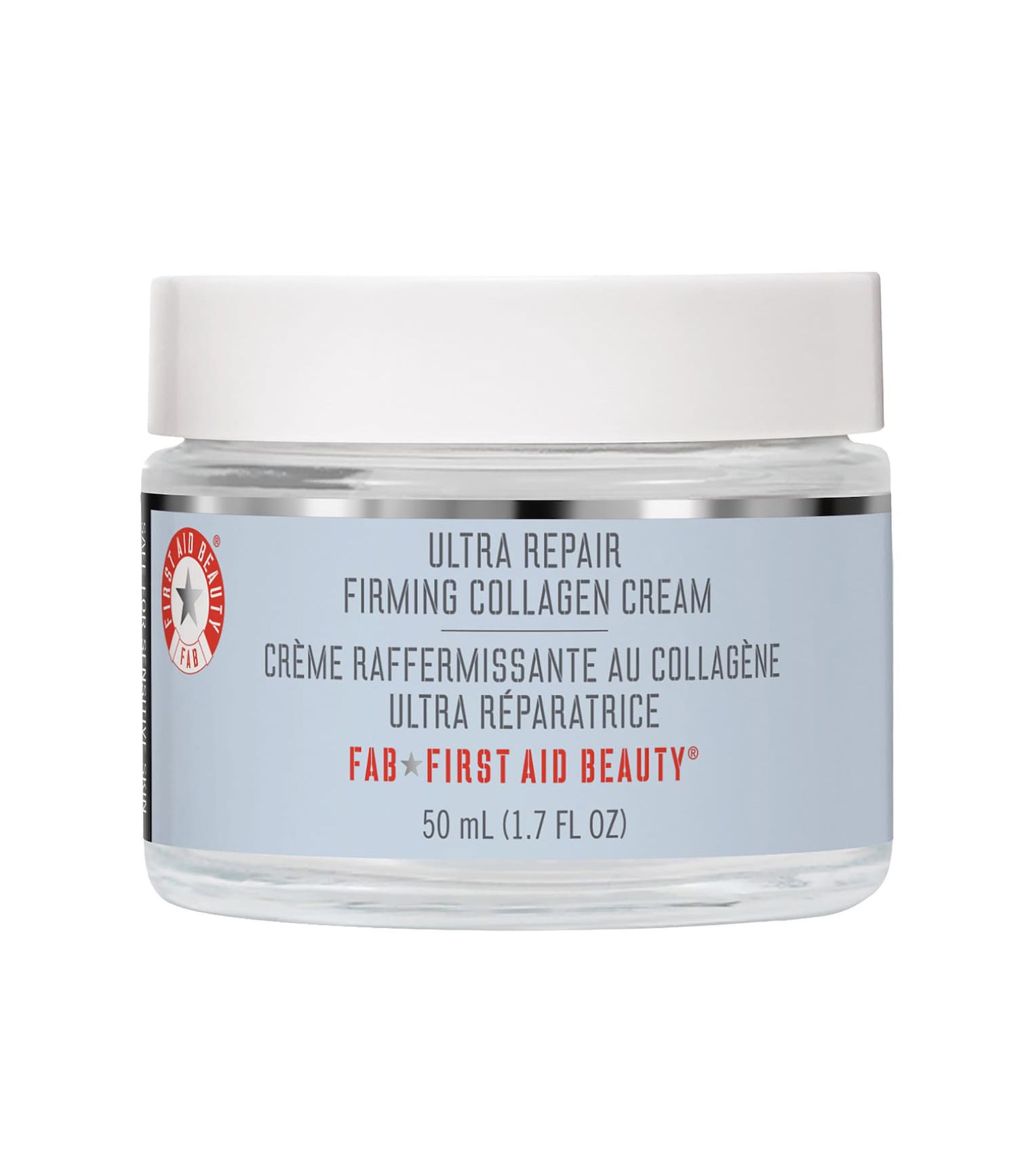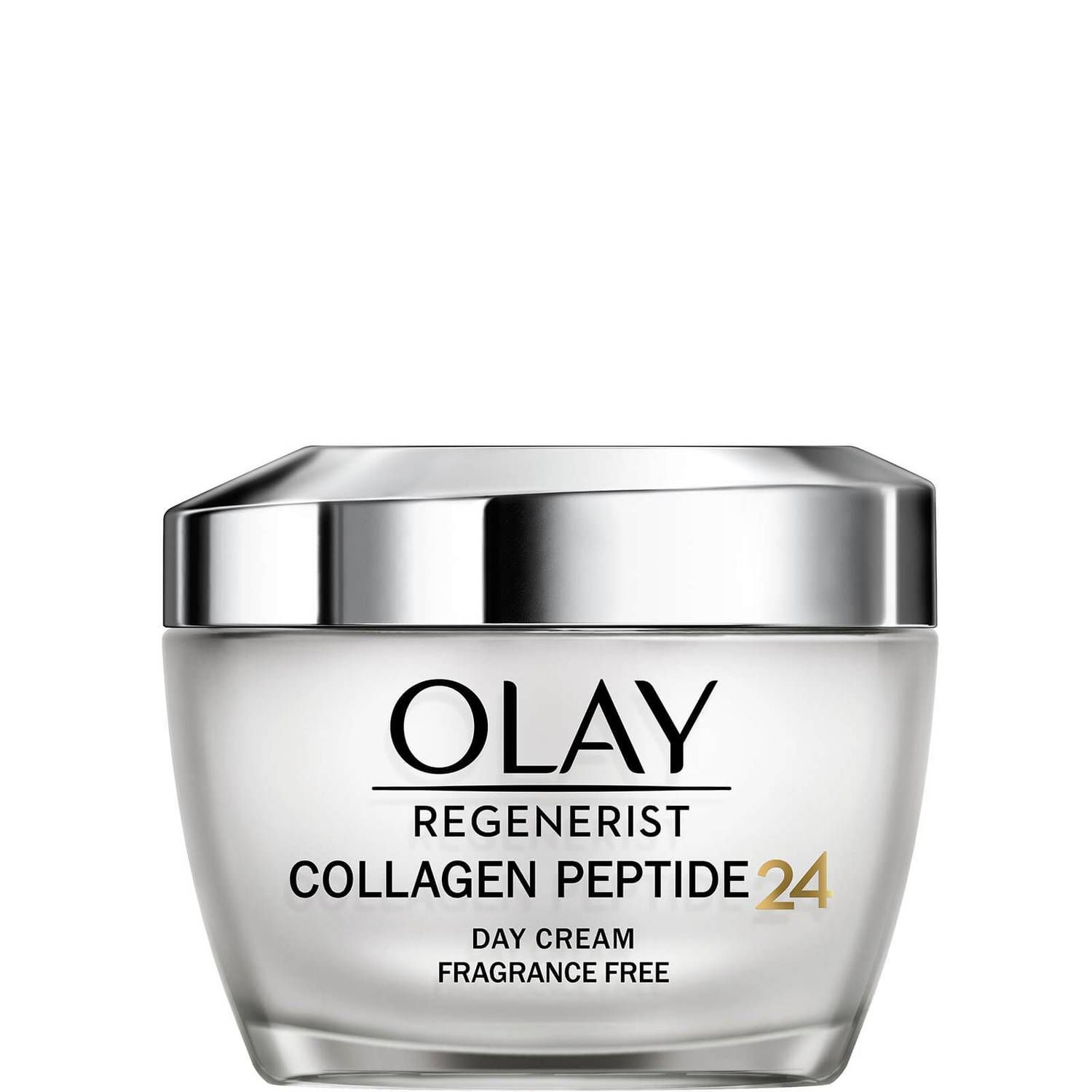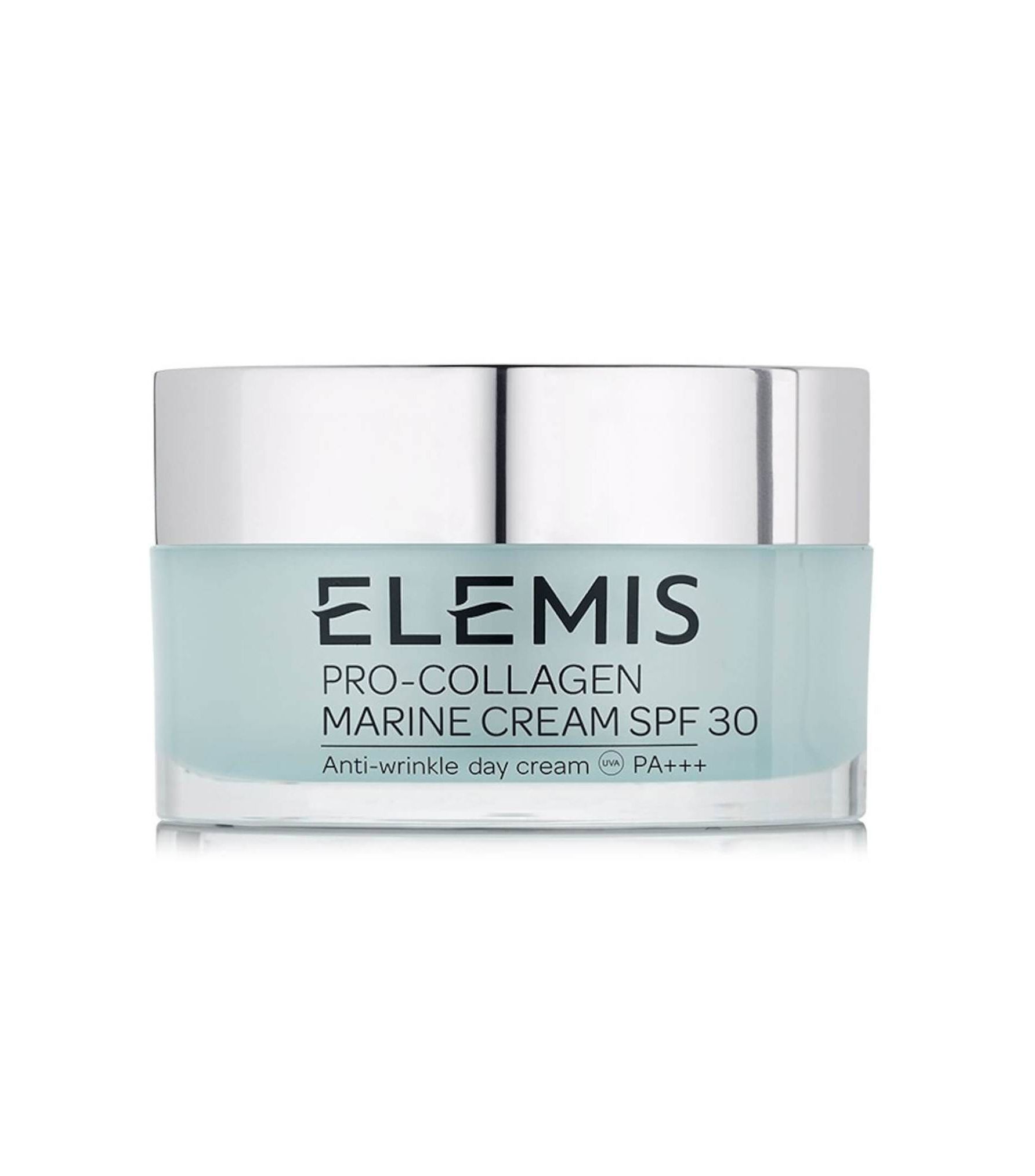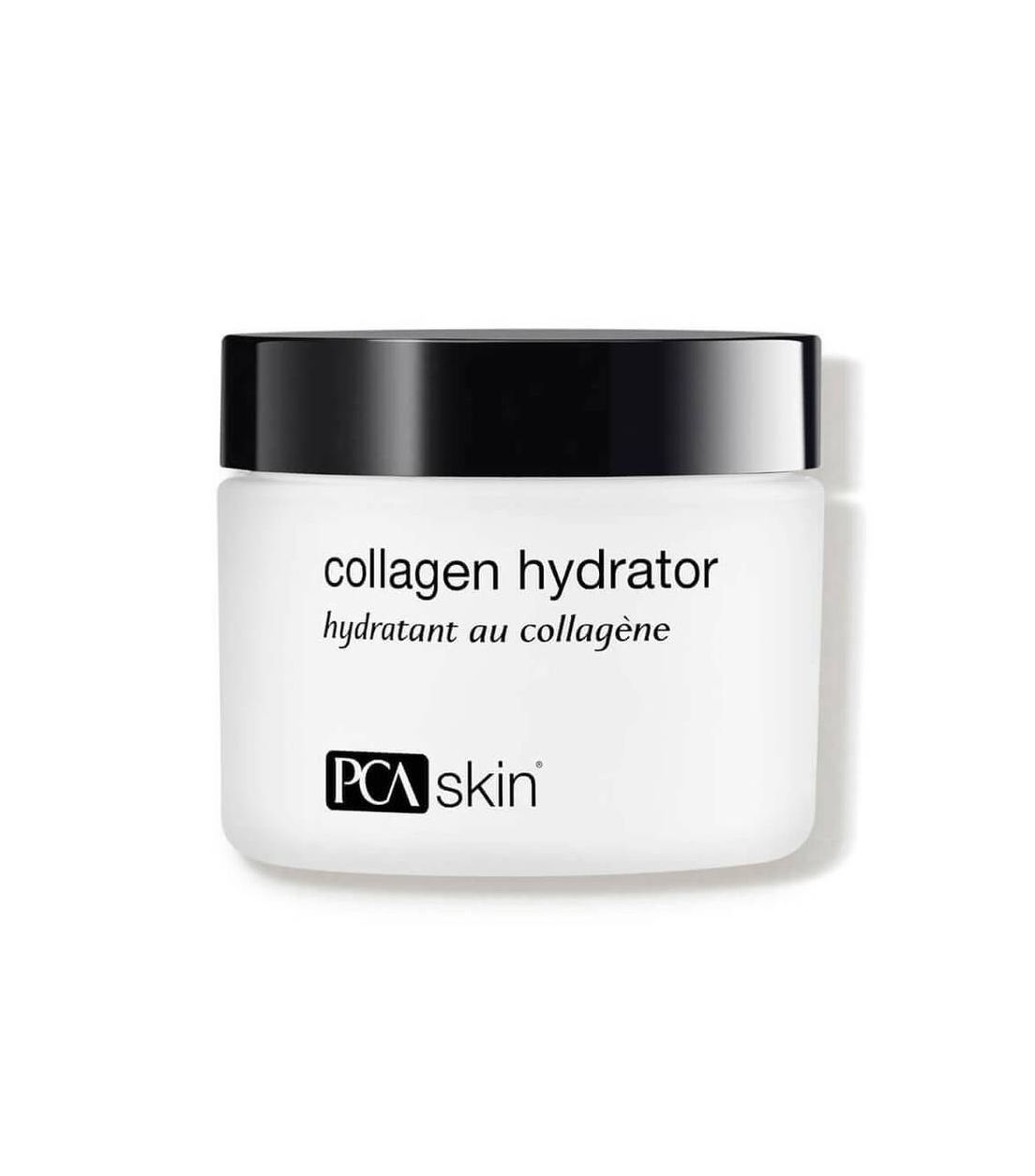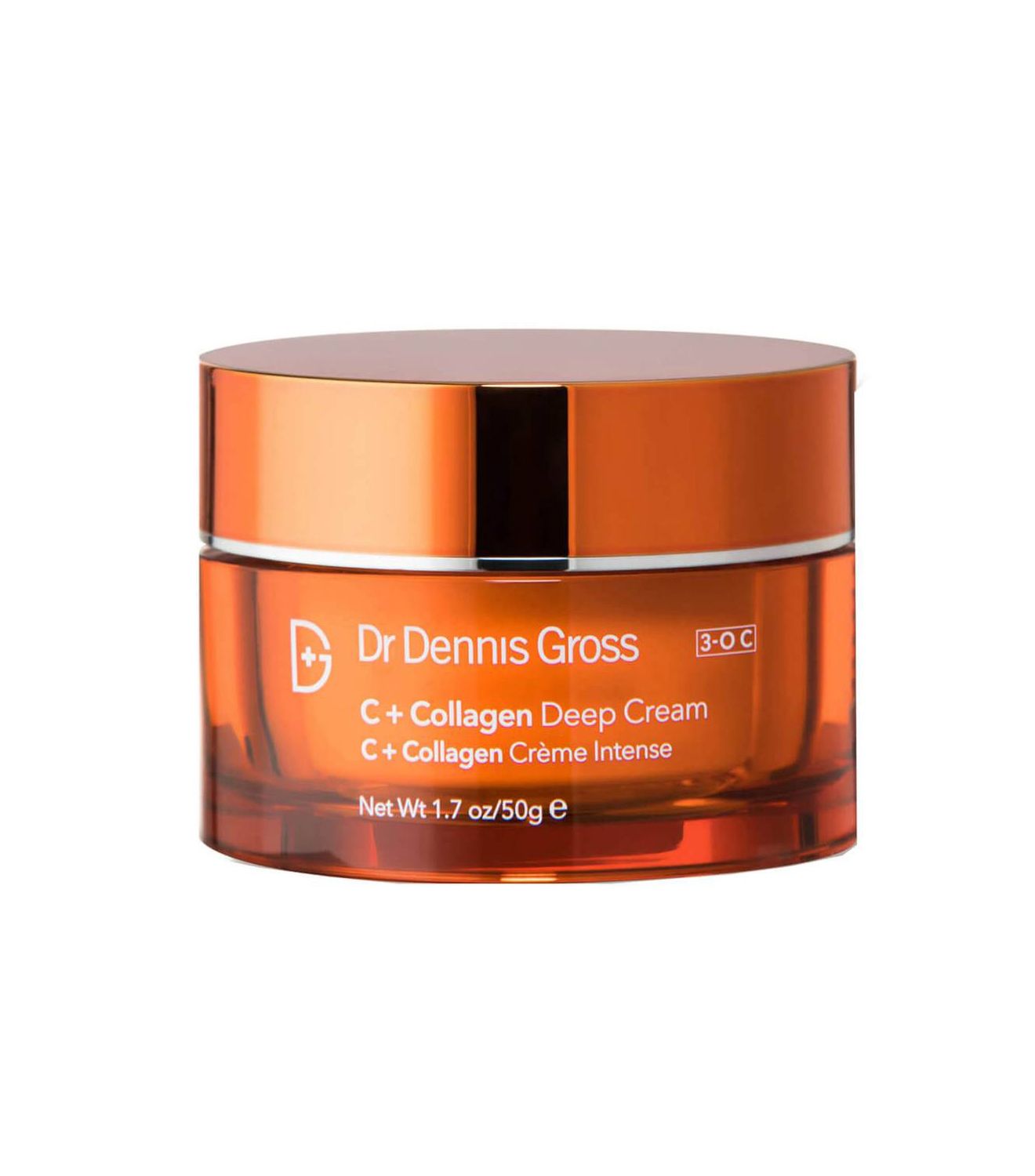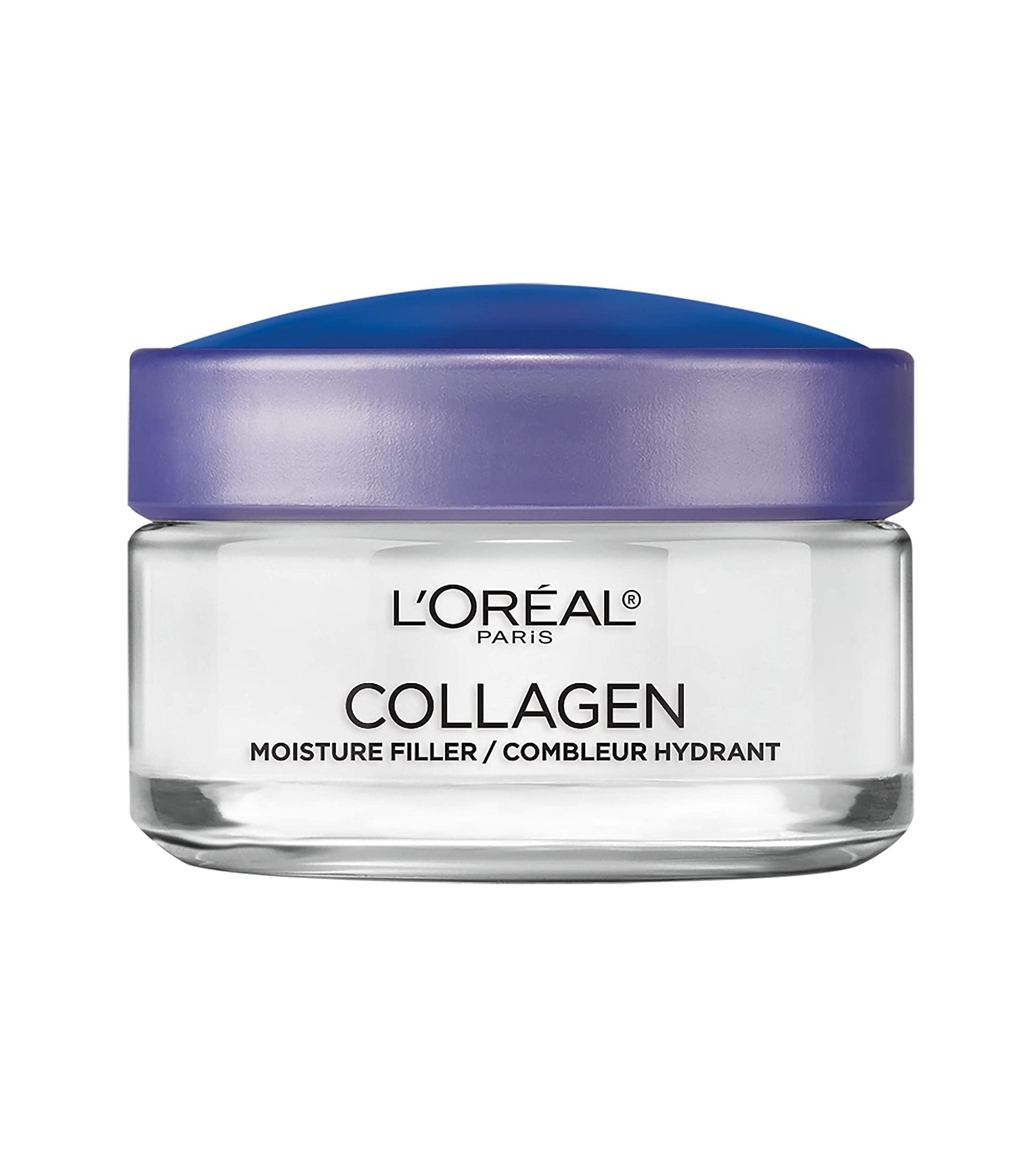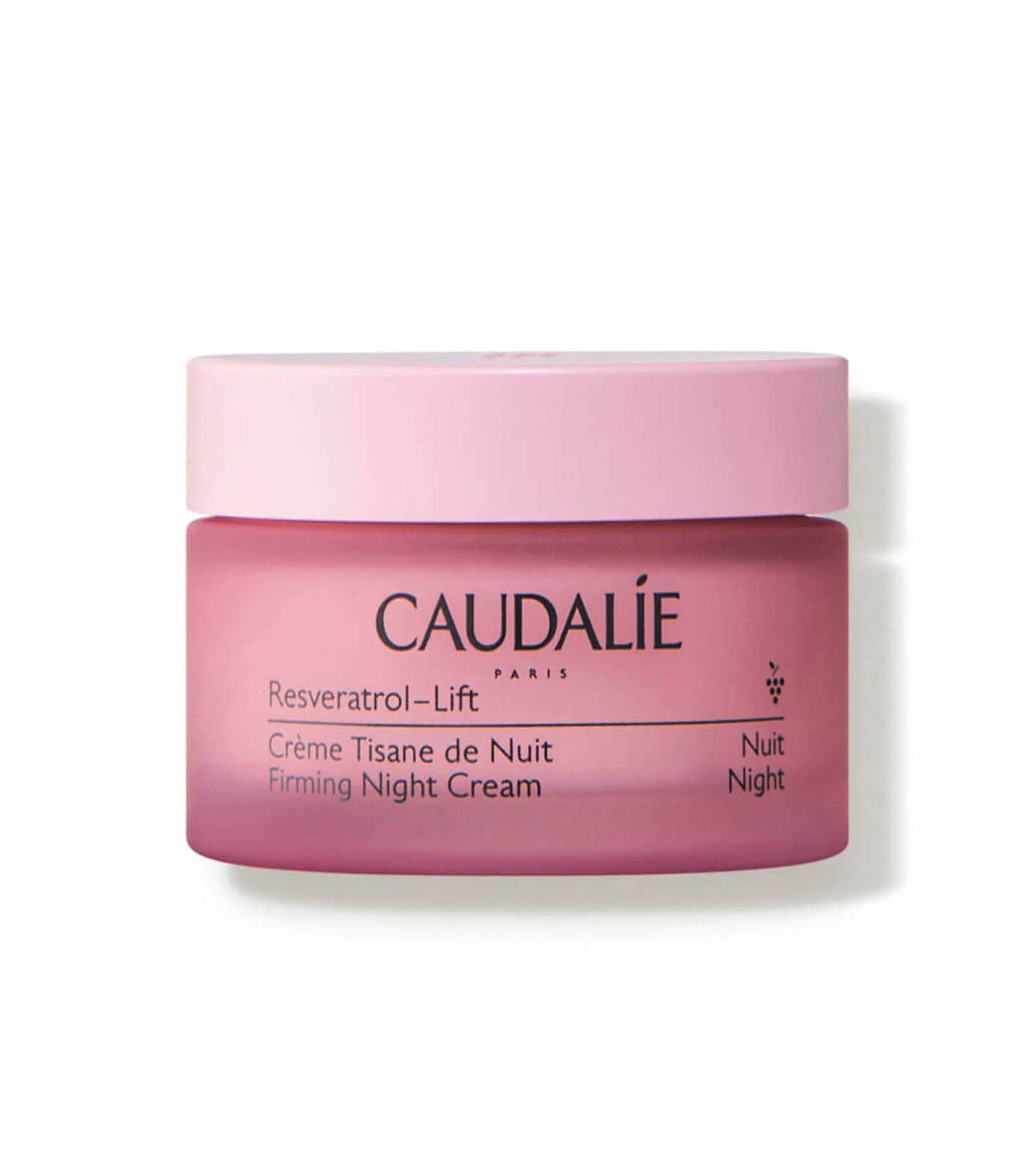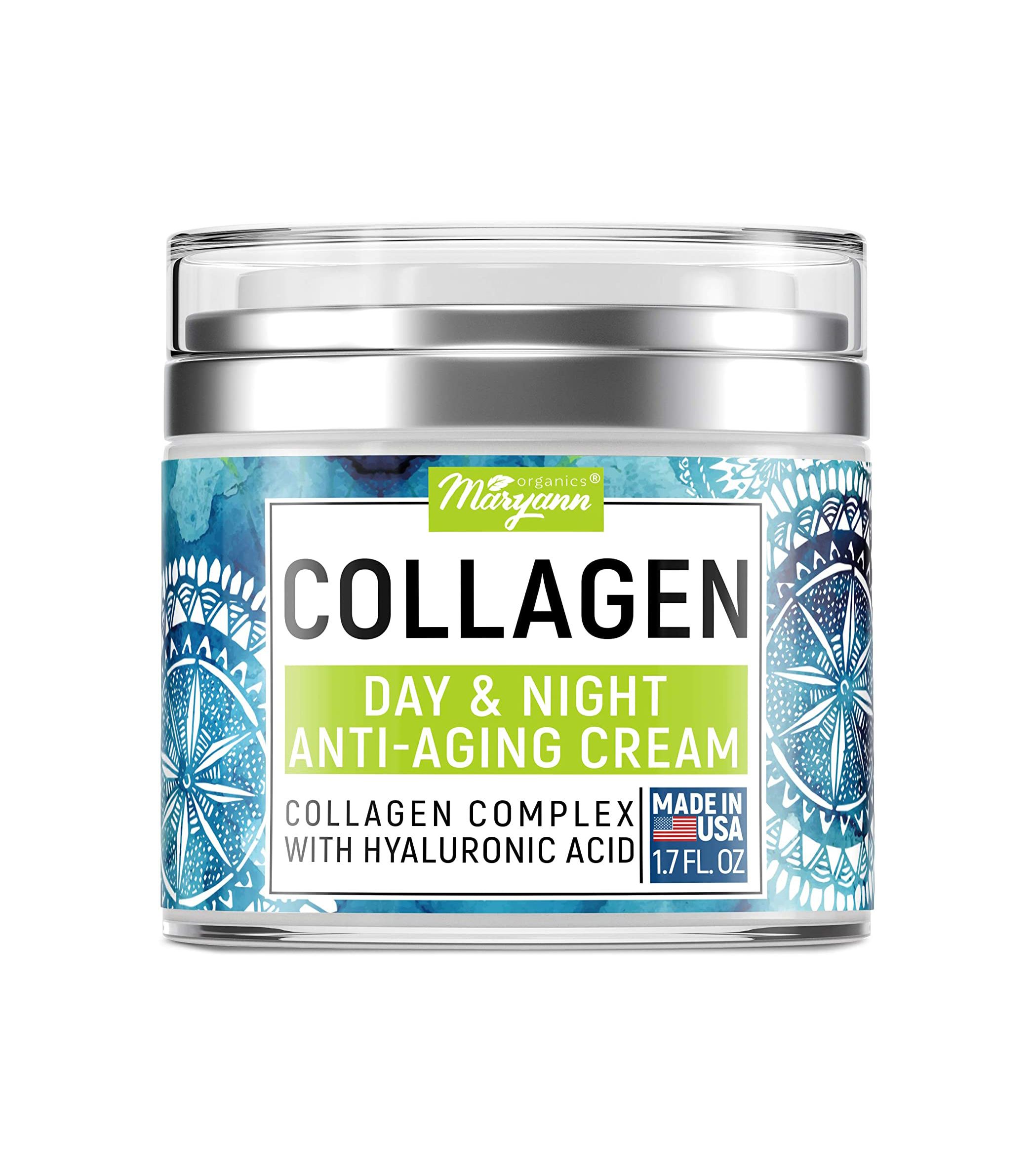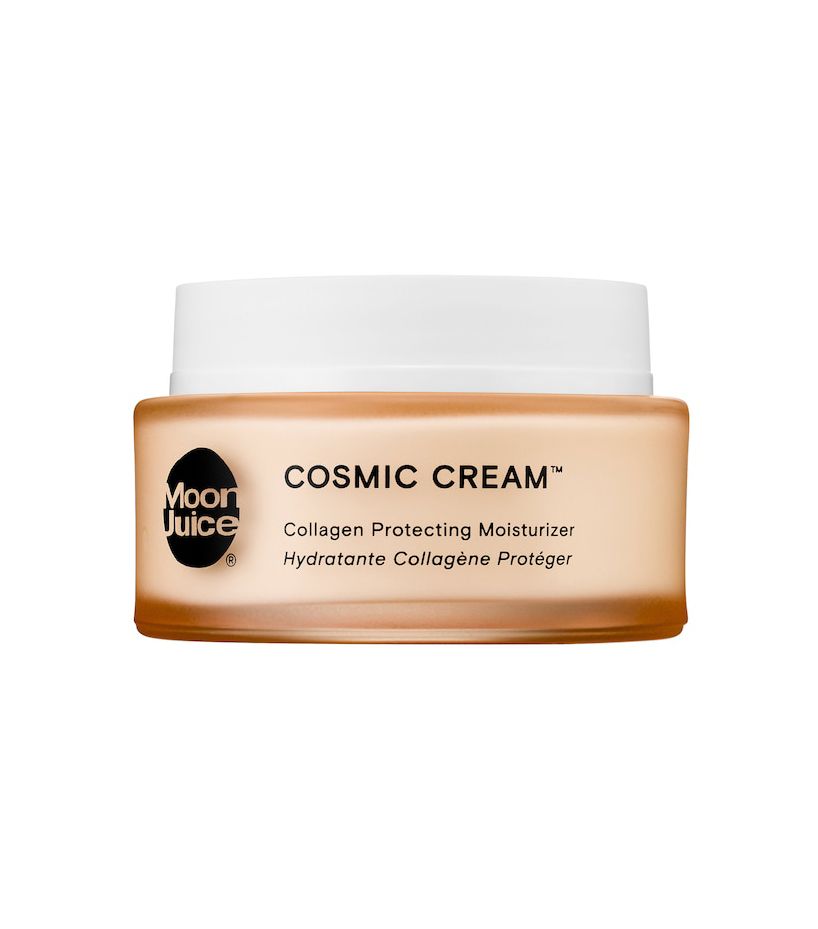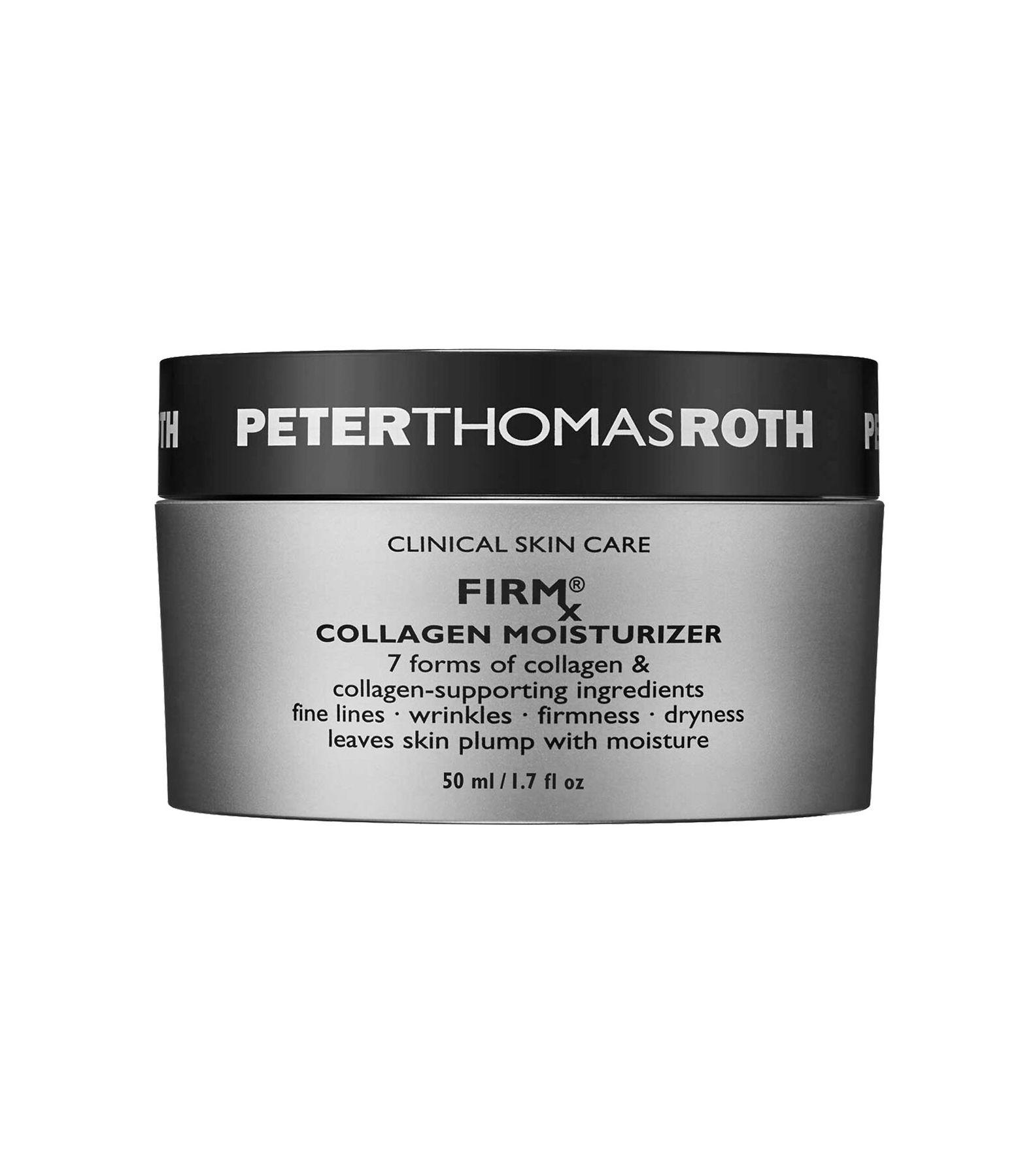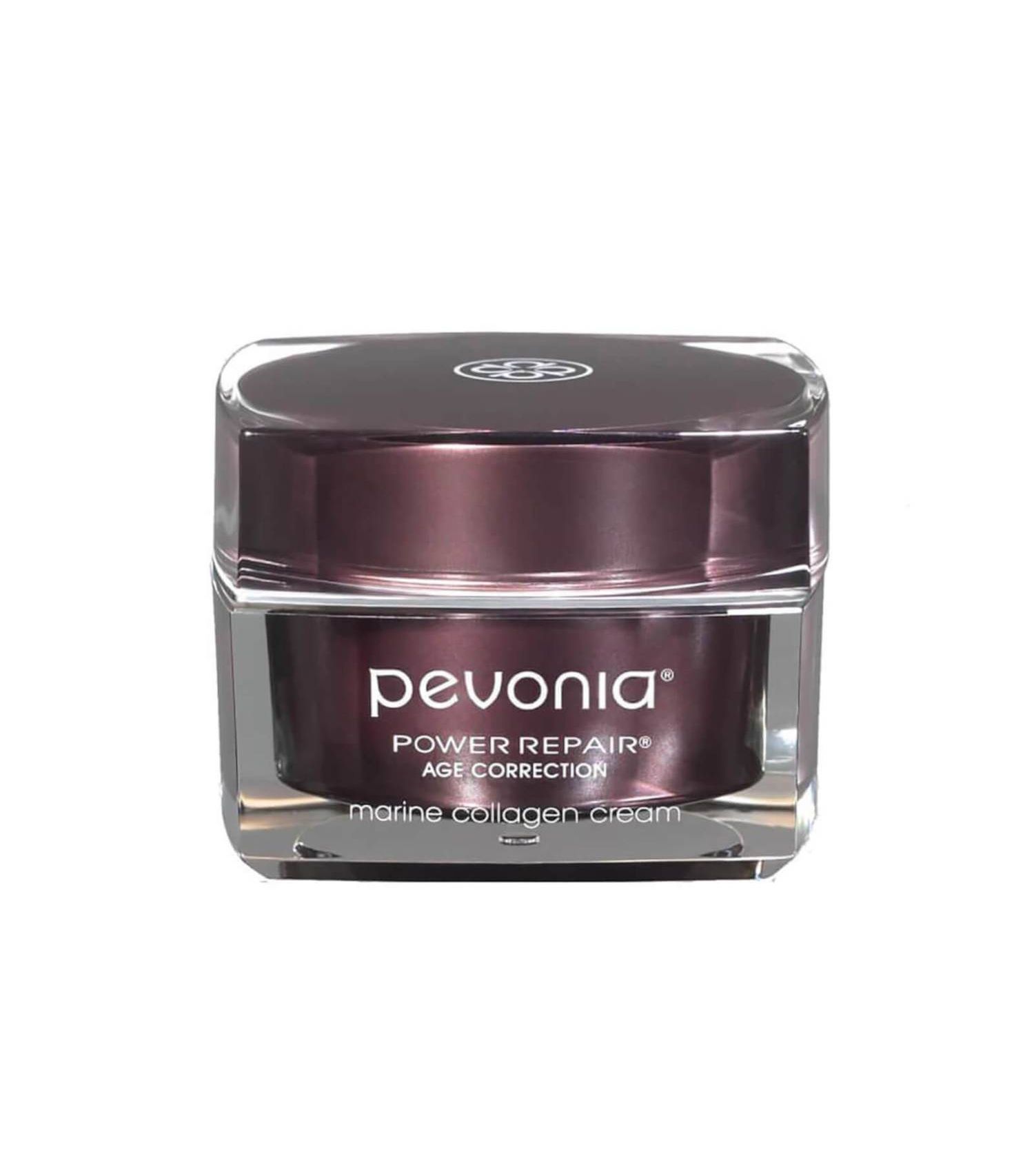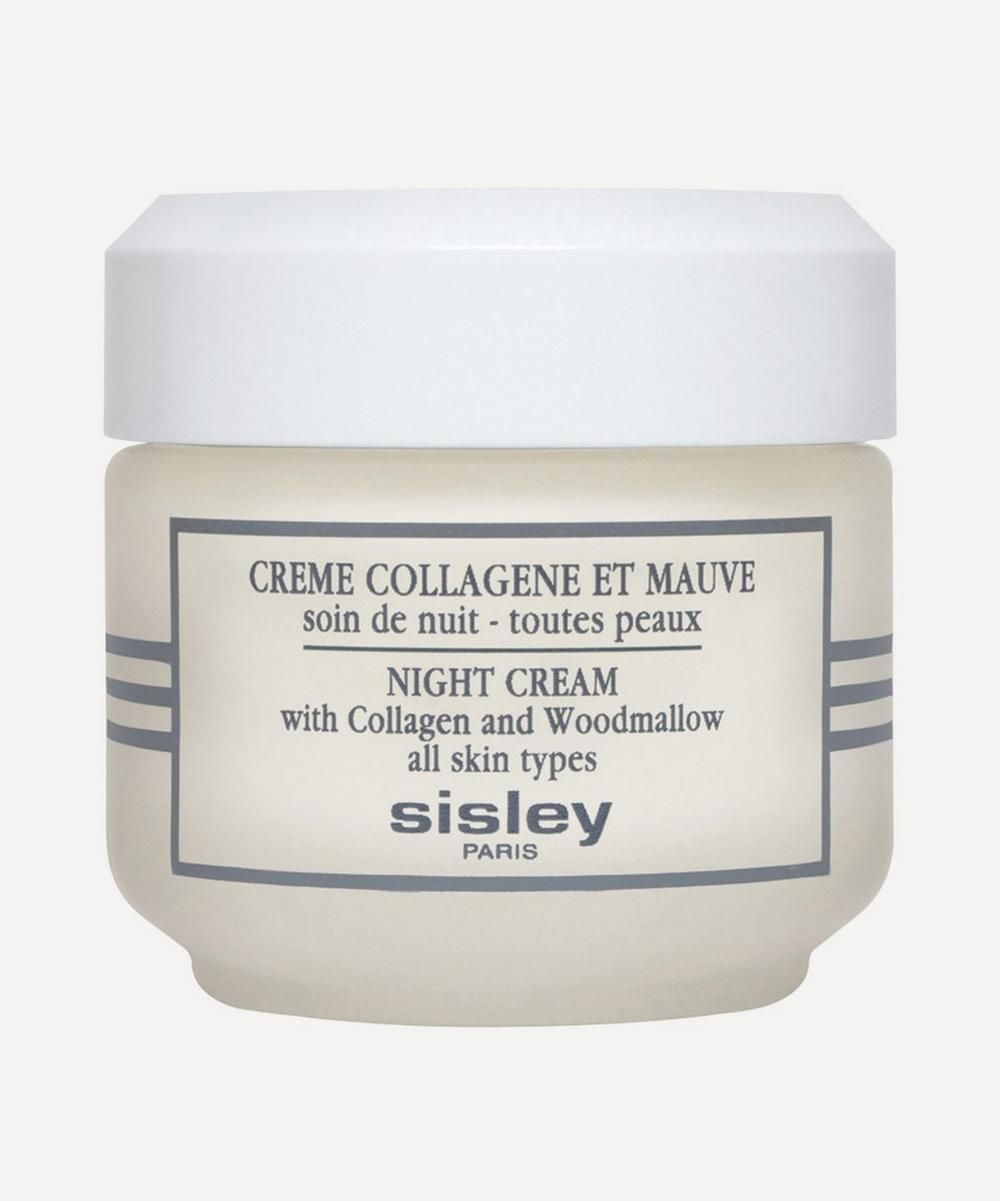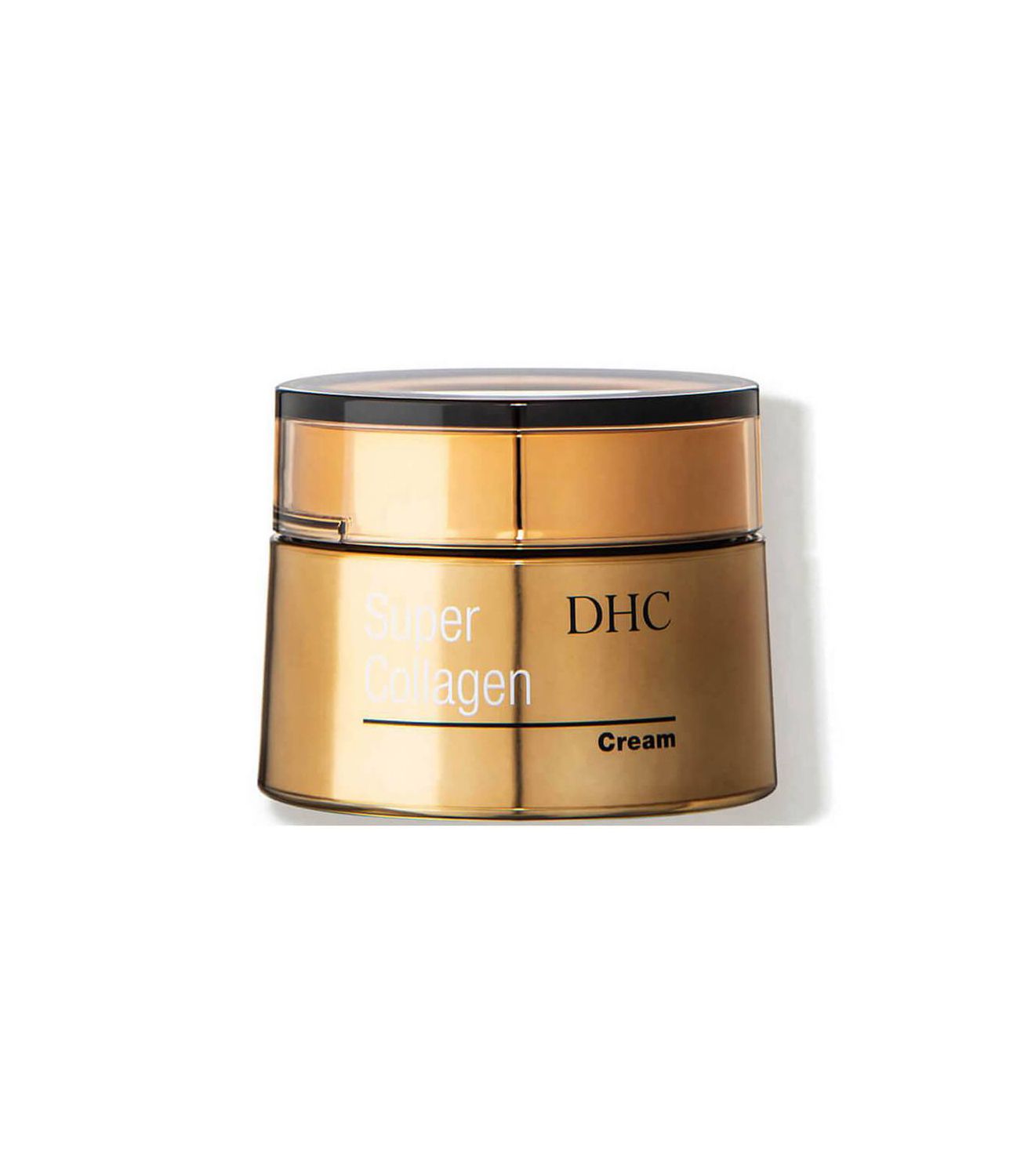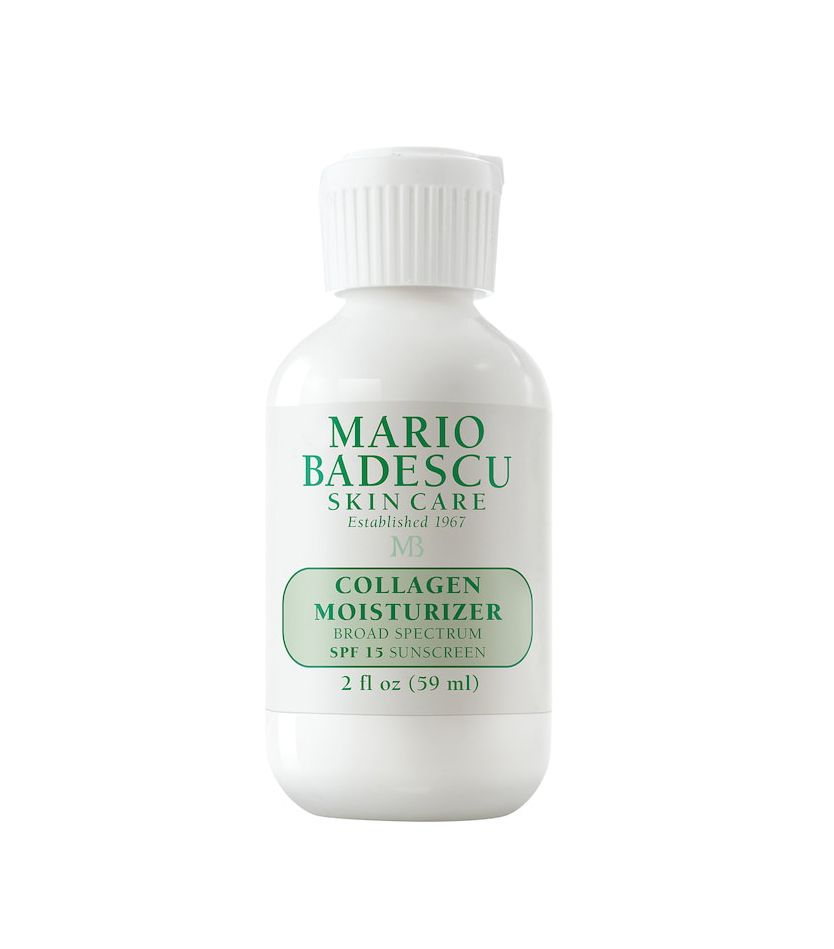
Pretty much everyone wants hydrated, dewy, plump skin, right? Well, having healthy skin is definitely important to me. After writing about skincare for a while and also just going through life, I think I have a handle on what it takes to keep my skin on track. Some things include eating well, getting enough sleep, drinking enough water, keeping up with my skincare routine, and using the right products with ingredients that work for my specific skin type.
One ingredient that I’ve learned can be a huge help in keeping your skin moisturised and healthy? Collagen. “Collagen is the main structural protein found in the extracellular matrix of most of our body’s connective tissues,” explains board-certified dermatologist Naissan Wesley, MD. “It is found throughout the body in different types, in most of our tissues including bone, ligaments, tendons, teeth, connective tissue, and smooth muscle or our organs, blood vessels, and skin. It helps maintain those tissues’ structural integrity, health, and elasticity (i.e., ability to stretch and snap back into place).”
In short, Kathleen S. Viscusi, MD, FAAD, FACMS, co-founder and partner at Dermatology and Surgery Specialists of North Atlanta (DESSNA), says collagen is the key component to making our skin plump. But, she also says that while our bodies naturally create collagen, our collagen production decreases with age, thus causing the skin to sag.

And while our bodies make collagen, you can also find it as a common ingredient in skincare products. “Collagen works by infusing the top layer of skin with moisture, creating a plumping effect on the surface of the skin,” Viscusi says. “More intricately, many skincare products contain hydrolysed collagen (aka collagen peptides) which is essentially collagen broken down into smaller proteins to penetrate the skin more effectively than the larger collagen protein.”
It’s important to note that collagen creams and other products do not work the same way as the collagen our body produces. “Most topical collagen may not always penetrate or integrate into our own skin’s collagen in order to add to it,” Wesley explains. But that doesn’t mean that it’s not helpful. Viscusi says that it’s a great moisturising ingredient, and proper moisturising can help to improve the signs of ageing like fine lines and wrinkles.

The good news is that most people can use collagen creams without running into any issues with irritation or any bad reactions if you’re looking to try it out. Of course, if you’ve used a collagen product before and had some weird side effects you’ll want to avoid it. But for the most part, anyone is a good candidate for the ingredient.
In general, it’s pretty harmless to use a collagen cream and most may benefit from the moisturising properties of the cream,” Wesley says. “Individuals with rare collagen vascular disorders that involve the overproduction of collagen, such as scleroderma, may want to avoid it to be safe.” You can always check with a dermatologist to see if a collagen cream or another collagen product is right for you.
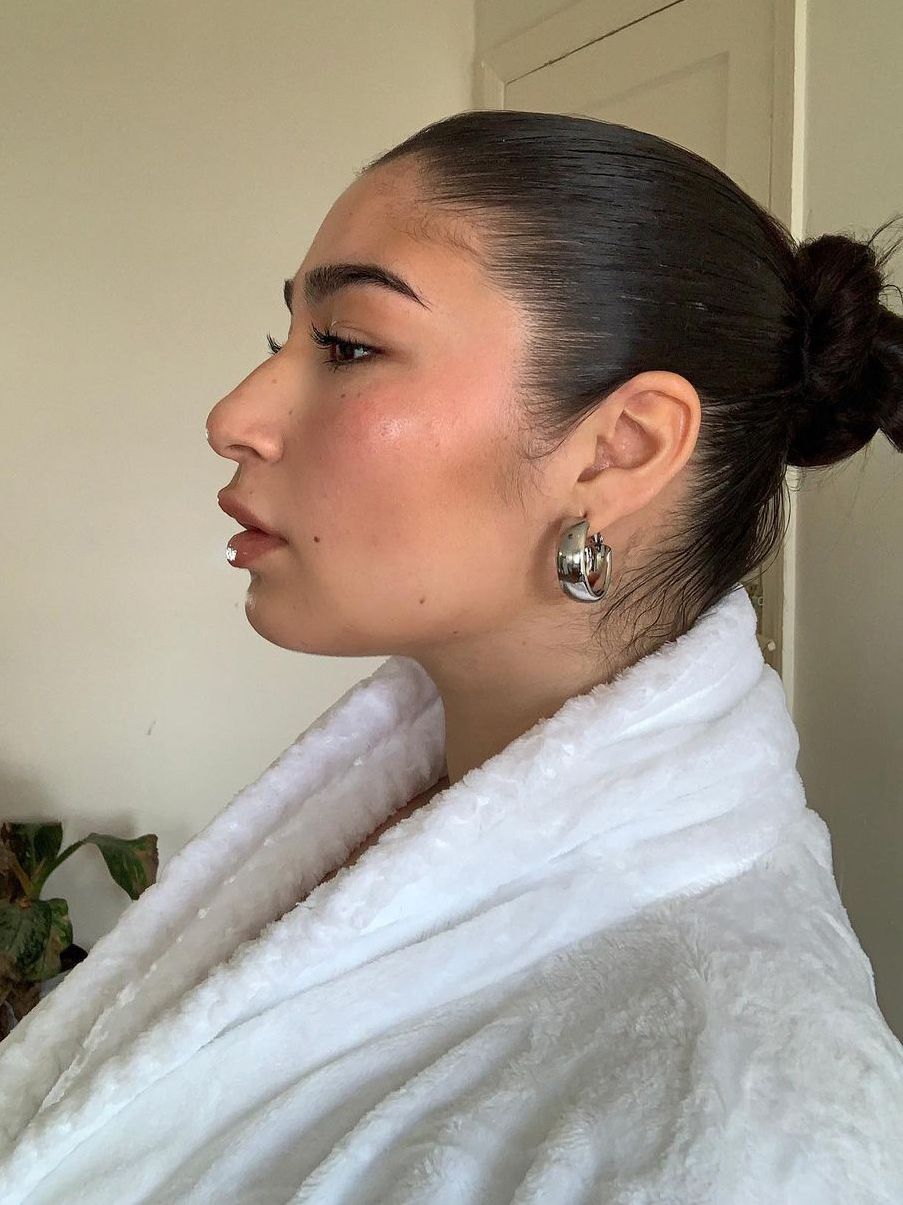
When you’re shopping for a collagen cream, it’s important to read the labels to see what other ingredients the product contains. In fact, it’s a smart idea to carefully check the labels for every skincare product you use. Knowledge is power, right? Wesley also recommends looking for certain ingredients. “Besides looking for collagen in topical skincare, more importantly, look for ingredients that help you stimulate and support your own skin’s collagen, such as retinols, bakuchiol, defensins, peptides, and antioxidants such as vitamin C,” she says.
And Viscusi recommends prioritising peptides. “I find that peptides can sometimes be the way to go when it comes to a collagen cream,” says Viscusi. “I also find collagen-based products with some form of delivery technology are more effective as they can moisturise deeper than other creams on the market. It; also important to look for a multipurpose collagen cream with additional ingredients that work to support collagen.”
Need some help finding the right collagen cream? Take a look at some options below.
